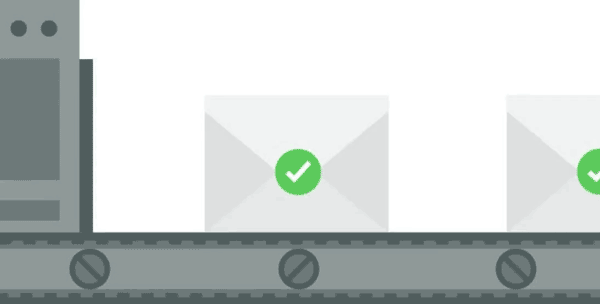Make Things. Make More Things From Those Things.
Dear Everybody,
I used to think about writing like this:

Make a thing. Make a thing. Make a thing.
Now I think about writing like this:

Make things. Make more things from those things.
Writing has a wonderful property: if the quality of the things you make is compelling, then the value of the things you make is compounding.
Nassim Nicholas Taleb wrote Fooled by Randomness in 2001. Over the next six years, he used that creative output as the creative input to The Black Swan. The first book was merely compelling; the second book spent 36 weeks on the New York Times bestseller list.
Sometimes it’s not cost-efficient to go from crude oil to super premium in one step. Fooled by Randomness is a refined product (the product of editing); The Black Swan is a premium product (the product of refined products).
When I write now, I think more about process than output. I refine what I’m writing to the asymptote, and then I throw the output back into the process. This makes refining ideas more efficient: the more products I refine, the more products I combine, in a cycle.
-David Perell
To refine what I’m writing, I think about Shitty First Drafts.
All good writers write them. This is how they end up with good second drafts and terrific third drafts.
-Anne Lamott
Notably, the strategy to write a good first draft is not just different from the strategy to write a shitty first draft, it reverses that strategy (i.e. the model that works in one stage causes failure in the next).
The same is true for every stage of the writing lifecycle:
To get from a blank page to a first draft: write new sentences.
To get from a first draft to later drafts: delete favorite sentences.
To get from later drafts to a refined product: stop deleting (publish and seek feedback).
To get from a refined product to a premium product: write again (make a new thing from refined things).
The big idea — the one practical hack — is to move from one stage to next before the thing gets too precious. Write sentences and let them go; write a thing and let it go.

A Premium Thing = A New Thing from Refined Things
The surface-level challenge is to make the product better; the underlying challenge is to make the process sustainable. The way to do that is to move from stage to stage at the right time, feeling the creative inflection points and getting past them.
It’s not a product coming off an assembly line, it’s a compound sent to the next phase of the process. What happens when the process is sustainable? The value compounds and becomes your competitive advantage:




To writing things and letting them go…
Leave a comment or send me a note! 🤜🤛Follow me on Twitter (thank you!)
Sincerely,
Justin

This is brilliant 👍